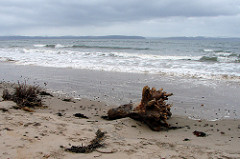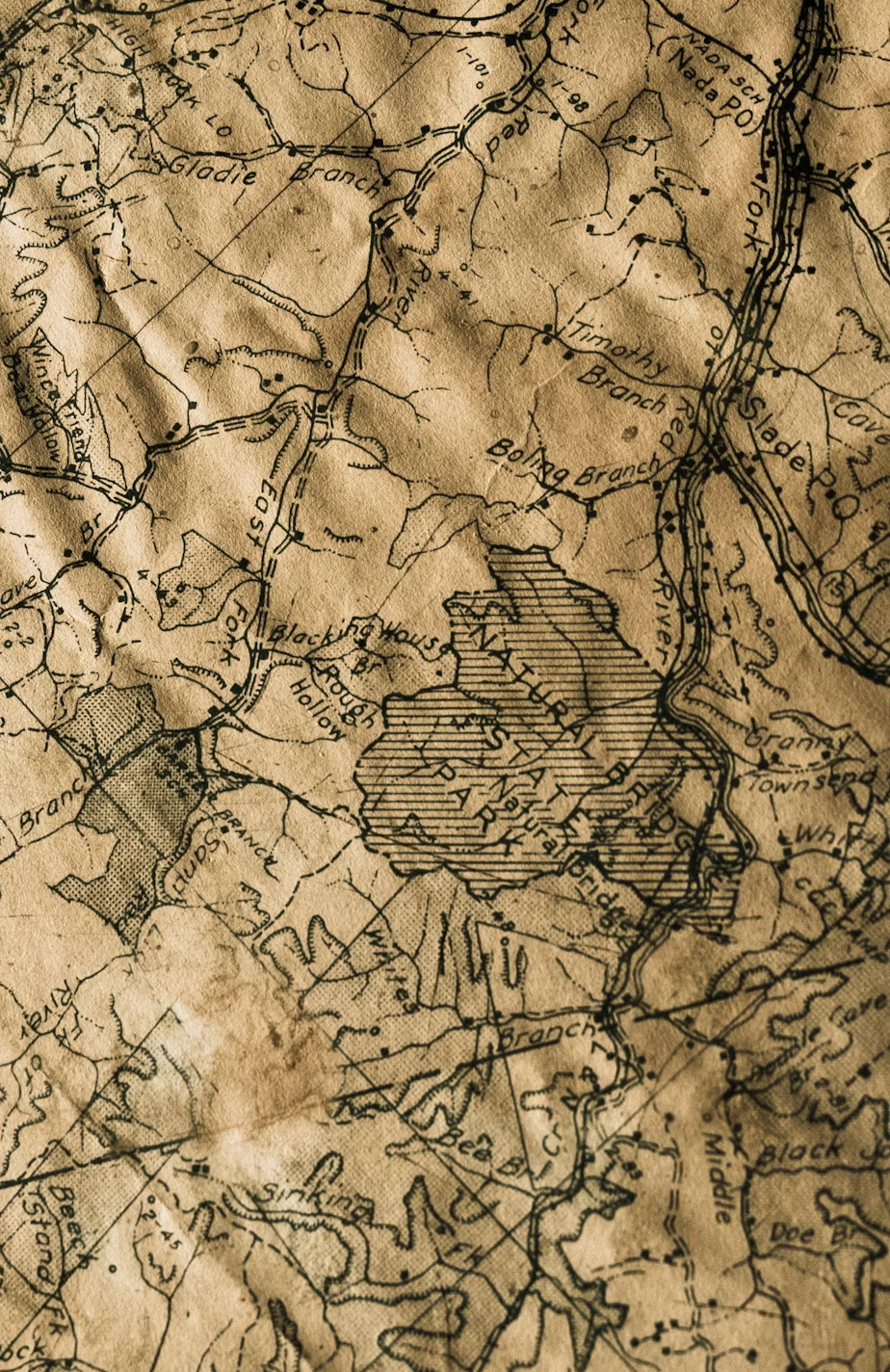The water oh the sounds
trapped between two bodies
when the gulls break down
into the waves
and I’m on one shore and you are away.
I raise my spyglass
sort of like a cheer,
drink you in my good eye
until darkness comes,
a backpack full of liquor.
Driftwood forts turn the years
inward like harmonicas
until we become the babies
policemen chase away,
their heavy beams
probing for monologues
across the sudden water.
It’s been a long time
since Divinity School,
but I still wear a tie,
even when I’m sleeping.
It makes me feel like something tangible
depends on me
to establish its gravity,
hanging like a lodestone
when I wake up.
I’ve been weeping
in the nature poem
buried just beneath this one,
a melancholy lyric
whose bears mistake me
for the kind of ghost worth nuzzling.
The images keep deepening
and I go down with them,
pawing the tucked-in dirt
like a living vibration
until I can’t see anything
but the words I’ve been
yelling this song.
Christopher DeWeese published his first book, The Black Forest, with Octopus Books in 2011.
Click here to purchase Issue 01




